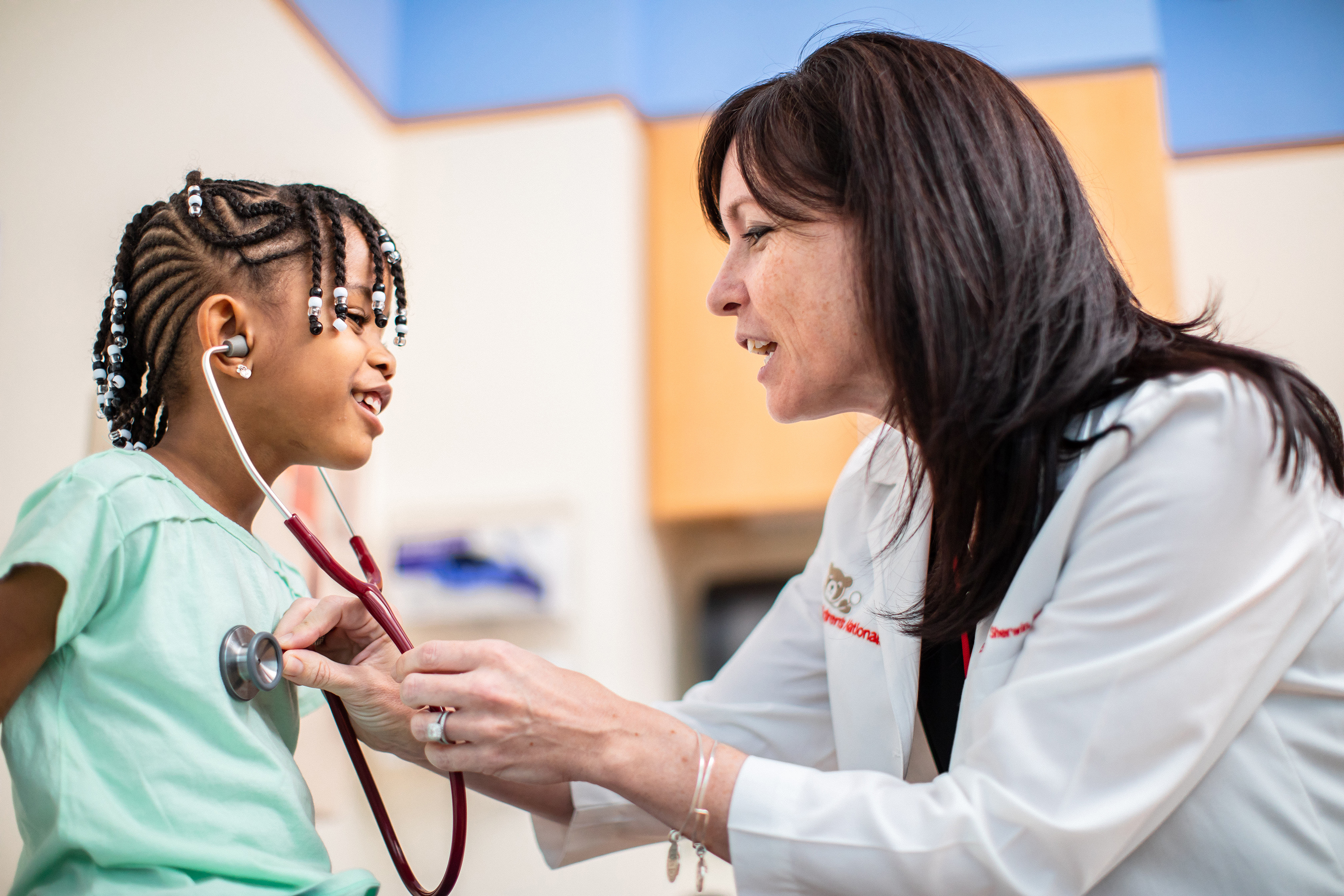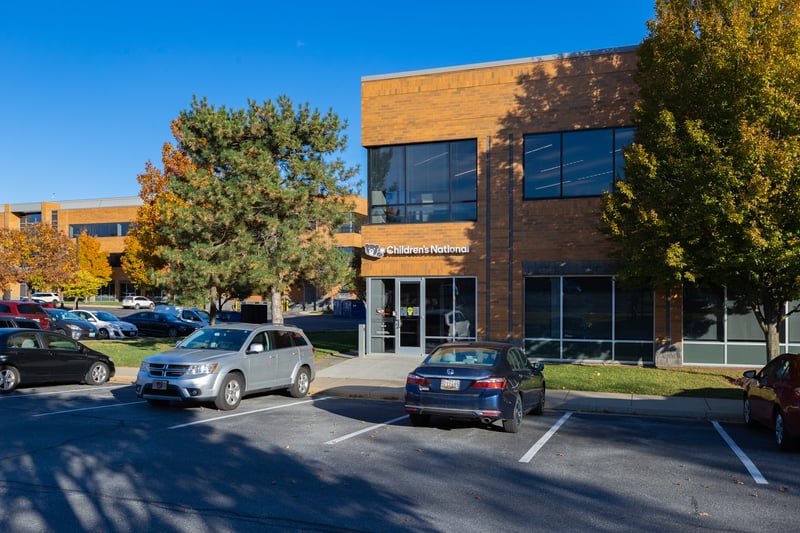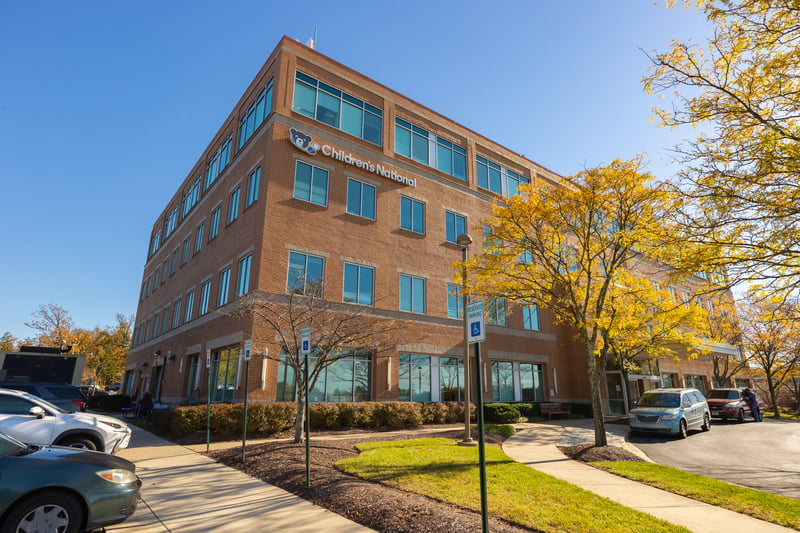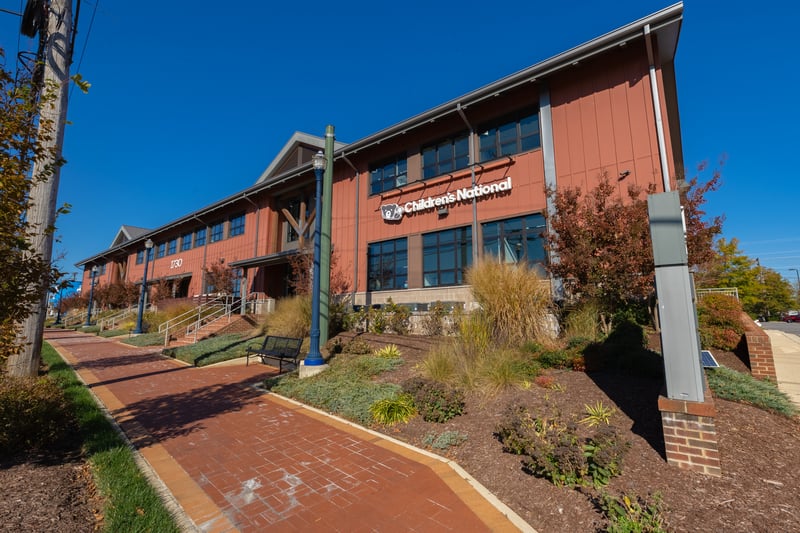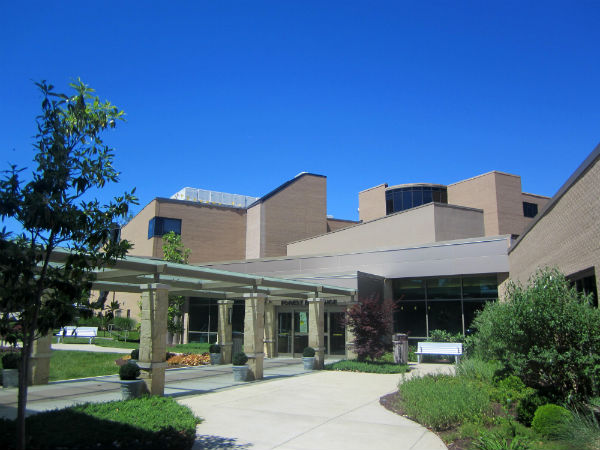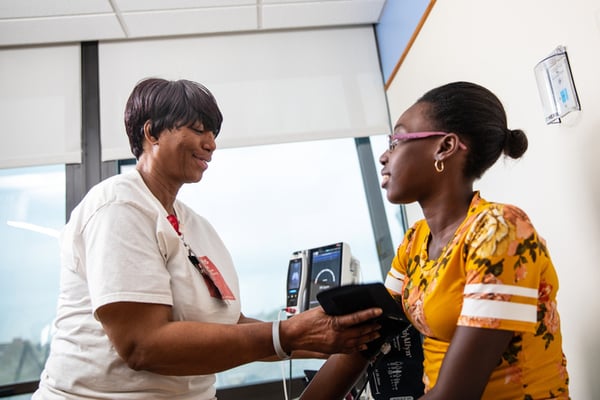Cardiac Electrophysiology is the field of heart care that diagnoses and treats heart rhythm abnormalities (arrhythmias). At Children’s National, our pediatric electrophysiology experts have dedicated their careers to diagnosing, treating and managing arrhythmias and syncope (unexplained fainting) in children.
We use the latest and safest technologies, such as cryoablation therapy, with success rates close to 98 percent.
Our Providers
Our pediatric specialists provide personalized care for your child’s physical, mental and emotional health needs.
Contact Information
For appointments, please call 1-888-884-BEAR (2327) and for information, call 202-476-2020.
Choosing Children's National for Electrophysiology
Our electrophysiologists (heart rhythm specialists) are national leaders in pediatric electrophysiology. In fact, Children’s National has become a destination for families around the country for diagnosis and treatment of complex arrhythmias and congenital heart diseases.
Features of our electrophysiology program include:
- Highly-specialized team. In addition to our electrophysiology physicians, our team includes specially trained pediatric arrhythmia nurses.
- Advances in research. We are committed to advancing the field of pediatric arrhythmias, and served as an enrollment center for many investigations, including the Implantable Cardioverter Defibrillator (ICD) Sports Safety Registry.
- Care for all patients. We have the resources, skills and experience to evaluate and provide care for patients of all ages, from fetuses to adults with congenital heart disease.
- Successful outcomes. Our procedures include cryoablation, 3-D mapping without X-ray radiation, and implanting pacemakers and defibrillators. Each procedure involves multiple physicians, ensuring the most successful outcome possible. Our success rate is close to 98 percent.
- Care close to where you are. In addition to the services we provide at our main campus, you can visit our outpatient clinics. We have pediatric arrhythmia and pacemaker clinics across the region in the District of Columbia, Maryland and Virginia.
Innovative Electrophysiology Care
One common treatment for heart rhythm abnormalities is ablation, which destroys the small area of heart tissue causing the abnormality. Our approach brings together multiple physicians to perform the ablation, resulting in a success rate of 98 percent. In addition, there is a very low recurrence rate, meaning the arrhythmia usually does not come back.
Ablation procedures we perform are:
- Radiofrequency ablation. We have been performing radiofrequency ablation techniques for more than 20 years to treat arrhythmias. We send a small dose of radiofrequency (heat) energy to destroy the abnormal heart tissue.
- Cryoablation. Cryoablation is a similar technique, but instead of heat, it freezes the heart tissue. It is used for procedures that require more delicate management.
- 3-D mapping. We use 3-D mapping in conjunction with ablation procedures to ensure that we precisely locate the area of the arrhythmia. This also helps us reduce radiation exposure for your child.
A Collaborative Approach to Electrophysiology Care
Collaboration among our heart specialists is central to what we do. We work with other departments and clinics throughout the heart center to ensure our patients receive the most comprehensive, specialized care possible. Some examples of our multidisciplinary efforts include:
- Cardiac catheterization. Joint procedures with the interventional cardiac catheterization team allows us to implant pacemakers in patients whose heart disease would normally make it difficult to insert the pacemaker. Using a catheter-based approach, we can implant the device safely and avoid the need for surgery.
- Prenatal cardiology. For fetuses diagnosed in utero with complex arrhythmia issues, we work with the Prenatal Heart Program team in the delivery room to care for newborns with life-threatening conditions.
- Inherited Arrhythmia Clinic. This clinic combines the electrophysiology team and the genetics team to manage patients with conditions including long QT syndrome, Brugada syndrome and catecholamine-sensitive polymorphic ventricular tachycardia. Together, we can offer advanced genetic studies for families.
- Other specialists. We work with specialists outside the heart center as well, to provide personalized care and improve our patients’ quality of life. These departments include:
Mapping the Heart
Experts care for arrhythmias using the most advanced technologies, including ablation catheterization with a 3-D mapping system, a technique that avoids X-ray radiation. Watch this video to learn more.

Family Resources
At Children’s National, we understand that families have many questions about their child’s condition and care. In addition to any resources your provider may give you, our online resources can also support your ongoing treatment journey.
Administration Contact Information
Discover contact information for administration and our nurses.
Patient Forms

New Patient Questionnaire
New patients should complete this online health self-assessment before their first visit.




